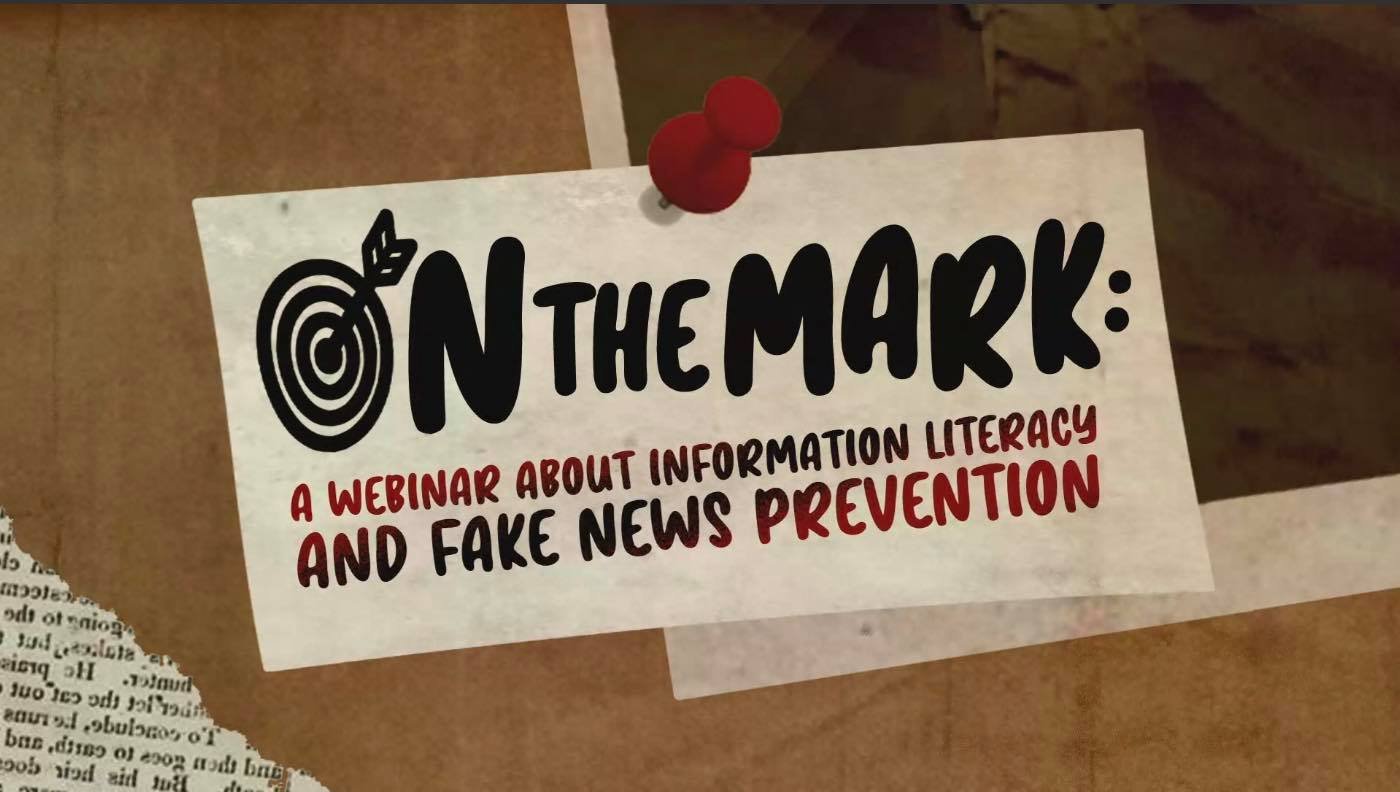
Media literacy advocates urged students and campus journalists to be responsible in sharing news and information online during a virtual forum hosted by the UST Central Student Council and the UST Journalism Society on Monday, April 26.
“People need to develop their filter for identifying fake news and know what information to share and not to share,” Reinhel Sicat, a UST Senior High School faculty member, said in his discussion about the process of information discernment.
Sicat said netizens sometimes share posts without reading them, as long as they are in accordance with their beliefs and opinions.
He stressed the importance of taking time to pause, analyze and evaluate online content before sharing or reacting to them. He said: “Kung hindi mo nabasa yung material, you do not have the right to share it. No reading, no sharing.”
Felipe Salvosa II, UST journalism program head and assistant publications adviser of the Varsitarian, said netizens should keep their “information diets” in check.
“Linisin muna natin ang ating information diet before we write about [something] or share it,” Salvosa said in his talk about news and information literacy.
He called on students to get out of their “echo chambers” and diversify their sources of reliable information.
Salvosa also reminded netizens to be careful in tagging media organizations as “fake news” when pointing out mistakes.
Citing the Center for News Literacy of Stonybrook University, he said that verification, independence and accountability are what separates journalism from other forms of information.
Unlike purveyors of fake news, news organizations are accountable and can correct their mistakes, he said.
Marlon Nombrado, co-founder of the non-profit organization “Out of the Box: Media Literacy Initiative” discussed how fake news is used for agenda such as historical revisionism and spreading propaganda, bad journalism, conspiracy theories and hoaxes.
Nombrado said online content may be identified as fake if they follow a journalistic format but are low in “facticity.”
To combat fake news, Nombrado said there must be fact-checking efforts, local and international law and policy responses, tweaks in various platforms’ algorithms and campaigns versus disinformation.
The webinar “On the Mark: A Webinar about Information Literacy and Fake News Prevention,” was held via Zoom on March 13 and streamed on April 26. Jacqueline B. Martinez and Joanne Christine P. Ramos

0 Comments